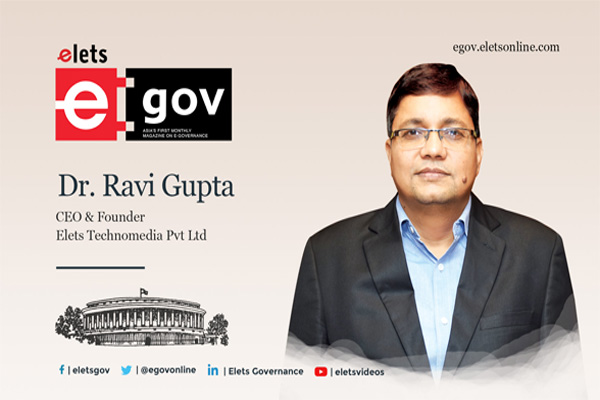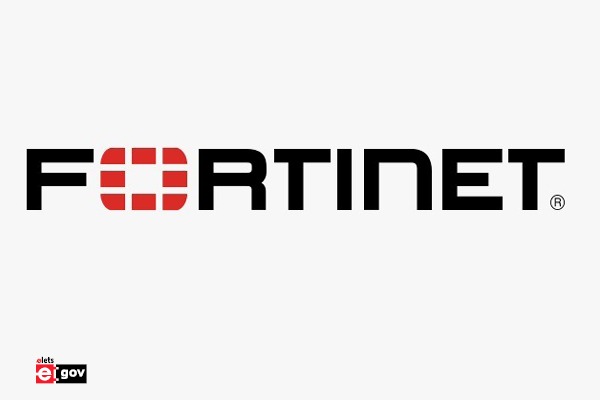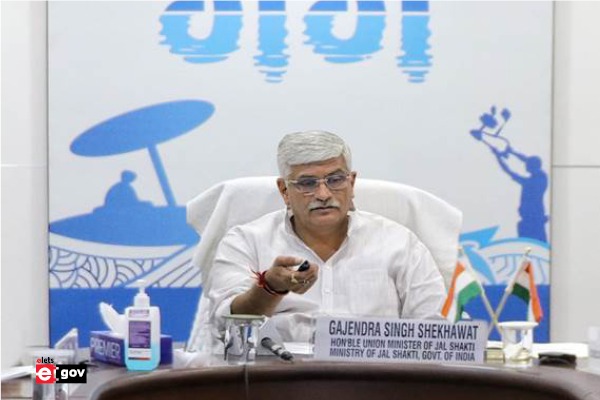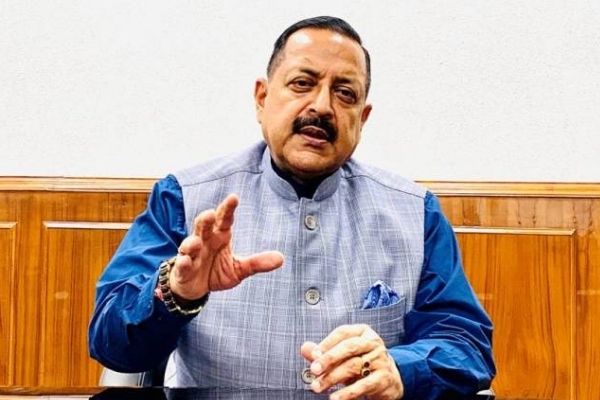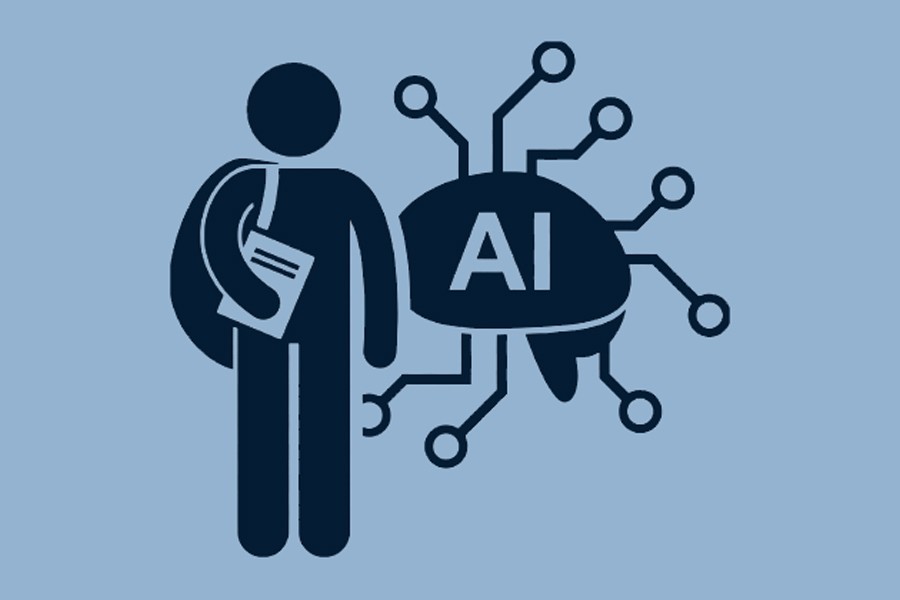
Health, agriculture, education, infrastructure and transportation remain the primary focus areas for AI intervention in India, writes Vivek Ratnakar of Elets News Network (ENN).
Artificial Intelligence (AI) has emerged as a favoured technology in recent times, transforming sectors ranging from financial services to retail to transportation. The Government of India has shown keen interest to leverage AI for inclusive growth and recognises the fact that India can play a crucial in the AI revolution.
With incredible advances being made in data collection, processing and computation power, the government is looking at promoting intelligent systems that can be deployed to enhance a variety of tasks while improving performance and productivity.

Acknowledging the potential of AI to be a highly collaborative technology, the government is eager to act as a catalyst to support partnerships, promote innovation through research, enable access to infrastructure and create a demand for AI solutions to address various governmental requirements.
As per an estimate, India could potentially add US $957 billion or 15 percent of its gross value through AI by 2035. Keeping in view the potential of this emerging technology, the government mandated the NITI Aayog to establish the National Programme on AI. The government policy think-tank released the ‘National Strategy for Artificial Intelligence #AIFORALL‘ in June 2018.

Subsequently, the draft Personal Data Protection Bill was submitted by 10-member Justice Srikrishna Committee in July 2018.
Read more: Drive business with Artificial Intelligence
This draft Bill is under holistic deliberation and will be critical in ensuring that to enable AI it brings a regime of balancing privacy and security considerations while not stifling innovation and allowing cross border data flows.
Health, agriculture, education, infrastructure and transportation remain the primary focus areas for AI intervention in India. AI-based solutions are expected to help in making health services more proactive; solve issues across the agriculture value chain; digitise records of teacher/student performance and curriculum; support the government initiative to set up Smart Cities across India by harnessing IT solutions; and use AI-enabled mobility solutions to ameliorate challenges faced by the automotive and transportation sector.
While availability of a highly-educated talent pool, world-class educational institutes and a formidable list of IT companies dominating the global IT landscape, India has the required building blocks for a thriving AI research and development ecosystem.
Also Read: RAISE 2020: ‘Artificial Intelligence’, the way forward for India
Companies like TCS, Wipro and Infosys have been frontrunners in implementing cutting-edge solutions in India. Given that such IT giants work closely with businesses globally, the government expects more research work from them towards the field of AI.
However, skill development is the cornerstone of AI readiness and skill gap is the biggest threat to AI’s adoption. A recent Ernst & Young poll revealed that 56 percent of senior AI professionals believed the lack of qualified AI professionals was the single biggest barrier to AI implementation.
An independent study has estimated that India will face a demand-supply gap of 2,00,000 data analytics professionals by 2020.
To bridge these gaps, the government need to constantly cheer innovation and encourage high school innovators through initiatives like the Student Innovator Programme and Atal Tinkering Labs, among others.
Encouraging innovation at the grassroots is expected to enable and empower students and teachers to develop a mind-set to pave the way forward for a ‘New India’.
Be a part of Elets Collaborative Initiatives. Join Us for Upcoming Events and explore business opportunities. Like us on Facebook , connect with us on LinkedIn and follow us on Twitter, Instagram.





